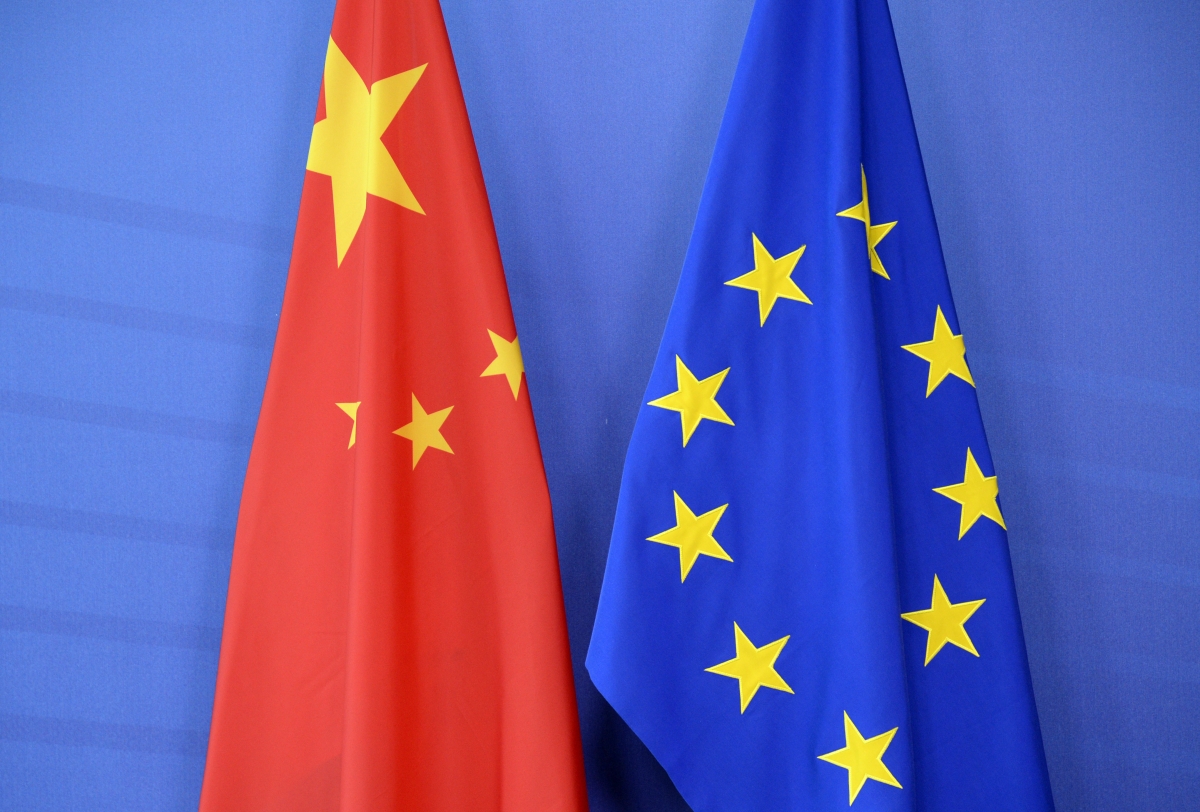Xi’s Third Term May Offer a Limited Window to Stabilize EU-China Relations
Le Monde

The following is an excerpt of Kevin Rudd's op-ed originally published in Le Monde.
During his speech last week at the opening of the Asia Society Policy Institute’s new Center for China Analysis on October 3, Henry Kissinger observed that, because of the diplomatic and political fallout from Russia’s disastrous war in Ukraine, Beijing could seek a temporary re-stabilization of its relationship with the United States and the West. This could happen soon after the conclusion of the Chinese Communist Party’s 20th Party Congress later this month.
Indeed, if this analysis is accurate, Chinese efforts to stabilize (but not normalize) its relationship with the US could begin at the expected meeting between presidents Biden and Xi Jinping next month during the G20 summit in Bali. Ukraine has gone much worse for Russia than China feared even a month ago. And China is aware that its tacit diplomatic and continued economic support for Russia has damaged its global standing.
Beijing now has a number of material reasons to seek better ties with both the US and Europe. China's economy is facing domestic challenges unseen for decades — through a combination of a shift to the Marxist left in its economic policy settings; demographic headwinds, with a slowing birth rate, shrinking workforce, and aging population; and its zero-COVID strategy which has continued to lock down large cities. Europe is China's largest trading partner, followed by the United States. Given its deteriorating domestic economic situation, the Chinese government is reliant on trade, investment, and capital flows to maintain growth.
